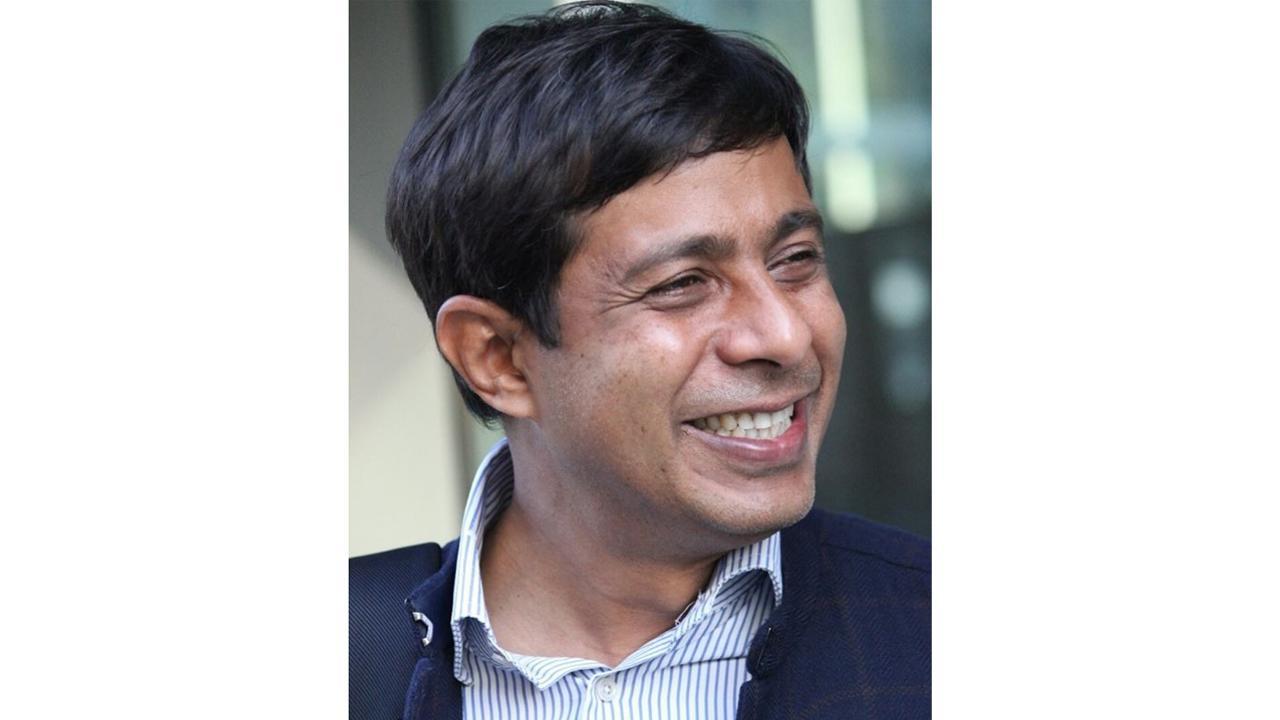ActionAid’s second round of survey reported that access to public primary healthcare was dependent on a person’s status of work with 90% of employed respondents

Sandeep Chachra , Executive Director , Action Aid India
ActionAid’s second round of survey reported that access to public primary healthcare was dependent on a person’s status of work with 90% of employed respondents, 75% underemployed respondents and 68% unemployed respondents being able to access healthcare facilities when required. This is because although public primary healthcare is free, associated charges like transportation or medicine costs reduce the opportunity of people without proper income to access these necessary facilities.
Riding on the back of such distress, the second wave of COVID has hit informal workers even harder. With savings eroded, debts already incurred, workers have again lost jobs or partial jobs that they had regained in the early months of 2021 and have incurred greater expenses on health, eroding almost fully their slender capacities to cope. The full impact of the second wave on the lives of informal workers families will be clearer in the coming months through surveys conducted by Government and NGOs, including our own forthcoming one. What is clear is a dire and urgent need for a strong recovery package for the 50 crore working people of India ensuring consumption security, which can be achieved through enhanced public employment guarantee programmes like MG-NREGS, continued direct cash transfers to poorer households and the rapid implementation of the ‘One Nation One Ration Card’ policy. Right to Work, as a fundamental right would be a needed advance in the right direction.
The authors of the article are KT Suresh, Koustav Majumdar and Sandeep Chachra , ActionAid Association.
 Subscribe today by clicking the link and stay updated with the latest news!" Click here!
Subscribe today by clicking the link and stay updated with the latest news!" Click here!











